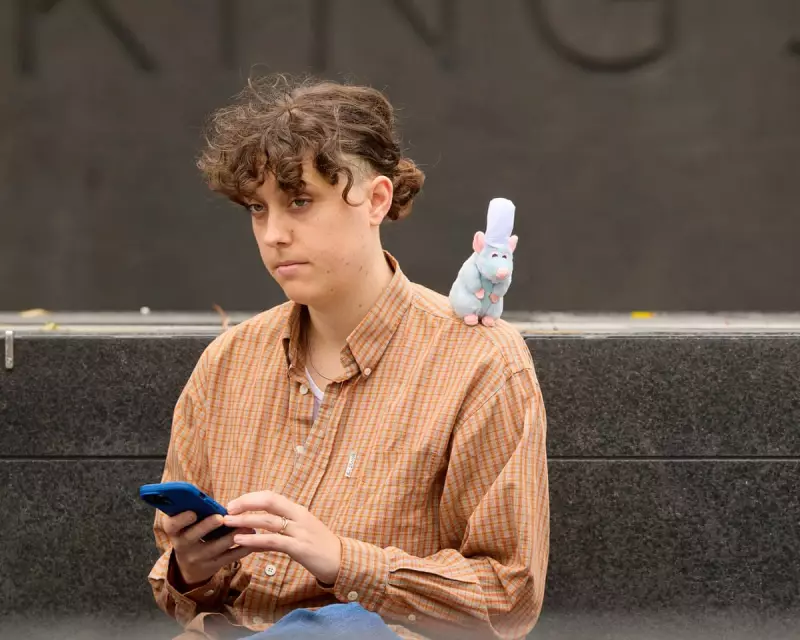
What happens when you decide to adorn your shoulders with miniature soft toys for an entire week? I embarked on this delightfully bizarre social experiment to find out, and the results were nothing short of extraordinary.
My week with 'Shoulder Pals' – two small, fuzzy companions perched on my shoulders – began with a deep sense of self-consciousness. The first foray into public, a simple trip to the supermarket, felt like walking a tightrope. Every glance felt like a judgement, every whisper a comment. I was braced for ridicule, for the inevitable awkwardness that comes with violating unspoken social codes.
But then, something magical happened. The Pals didn't repel people; they drew them in.
The Unexpected Icebreakers
Instead of the cold shoulders I expected, I was met with warm smiles and open curiosity. The Pals became the ultimate social lubricant. Stoic commuters on the London Underground cracked grins. A typically reserved bank teller leaned in to ask about their names. Children pointed with unbridled delight, and their parents followed suit, using the toys as a pretext for a friendly chat.
These weren't just passing glances; they were genuine moments of connection in a world often criticised for its isolation. The Pals gave strangers a harmless, shared point of reference, a permission slip to engage without pretense.
A Shift in Personal Perspective
The experiment was more than a study of others; it was a profound lesson in managing my own social anxiety. Initially a source of vulnerability, the Pals quickly became a protective talisman. The focus was on them, not on me. This externalisation of my unease was liberating. It forced me out of my own head and into the world, making me more observant and open to the people around me.
The constant, low-level anxiety I often felt in crowds began to melt away, replaced by a newfound confidence. By willingly making myself 'weird', I had inadvertently disarmed my fear of standing out.
The Psychology of Playful Non-Conformity
This week revealed a simple yet powerful truth: people are craving small doses of whimsy and human connection. In a digitised age, a tangible, quirky conversation starter can break down barriers more effectively than any app.
The Shoulder Pals acted as a beacon of approachability. They signalled that I was open to interaction, that I didn't take myself too seriously. This small act of non-conformity created a ripple effect of positivity, challenging the notion that public spaces must be zones of impersonal efficiency.
By the end of the seven days, removing the Pals felt strangely lonely. I had grown accustomed to my fuzzy companions and the joyful interactions they facilitated. The experiment proved that sometimes, the weirdest ideas can lead to the most wonderful outcomes – a little bit of silliness can be a serious remedy for the modern social blues.





